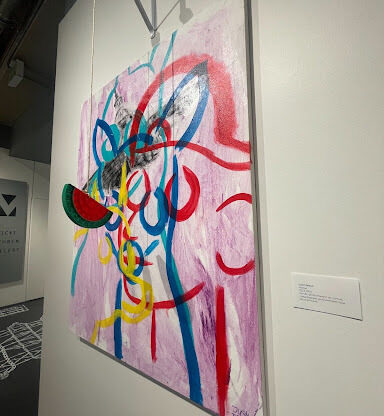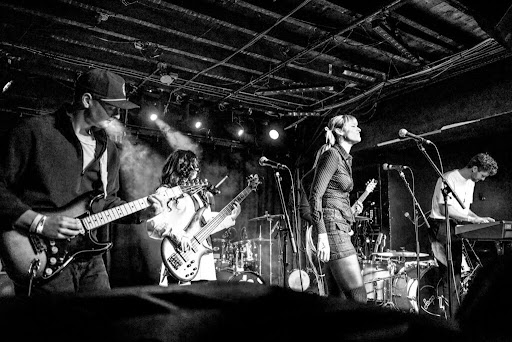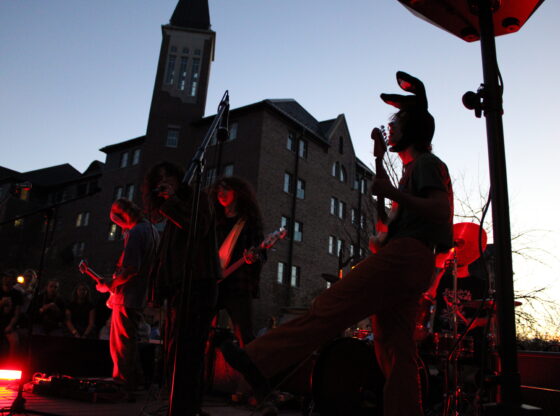Gordon Henry Jr., a renowned poet and scholar and a member of the Anishinabe, read at DU on Nov. 6. The Anishabe are a nation of indigenous communities native to Canada and the Northern U.S. region, and an enrolled member of the White Earth Chippewa Tribe of Minnesota. His father was in the U.S. Navy, and Henry grew up living on military bases and reservations.
His first novel The Light People (1994) is a multi-genre novel that includes a series of stories focused on a native community living in Northern Minnesota that was largely influenced by traditional Anishinabe storytelling. In “The Light People,” the main character, Oskinaway, searches for his parents, and is engaged in a legal battle over a leg that had been taken from an elder. Each story is somehow linked to its predecessor, and the novel becomes a patchwork discourse on identity and cultural appropriation. “The Light People” is a quilt of interlocking narratives, all told with surprising humor and wisdom.
Henry began the talk with a chilling traditional Chippewa song played on a hide drum. The talk then centered on what Gordon called the three pillars of native literature: storytelling, song and personal narrative. He shared stories, and poems, and played a variety of dream songs, creating a collage of personal and communal aspects of the American Indian experience. Henry believes we all find ourselves at the intersections of our identities at any given point. Henry was involved in political activism, an effort to regain tribal lands during his graduate education.
The most prevalent themes of Henry’s writing include conquest, imperialism, alcohol, healing, trauma, theory and our complex individual reality. When an audience member asked him what elements are essential to a good story, he replied, “a good story must always turn your consciousness.”
Henry also read a story by Ojibwe elder, Francis Cree, from Dunseith, North Dakota. He played a healing song afterward, meant to cleanse listeners from their ailments. A collection of poetry he read from often compared memory to an encyclopedia and the ways we write from both memory and imagination.
Henry shared personal anecdotes about his father’s lost battle with cancer, medicinal herbs, transcendence, the natural world, American Indian tradition and spirituality. A particularly poignant line from a poem read “live in the nowhere you came from though you have an address here.”
His work provides insight into the modern lives of Native Americans, and the histories of their ancestors which have been largely rewritten to make the colonial era more fathomable. In light of the events and the footage captured during Dakota Access Pipeline protests, it’s become all the more apparent that the struggle for basic rights like land and, water has been fought for centuries and the same infuriating story lives on today.











